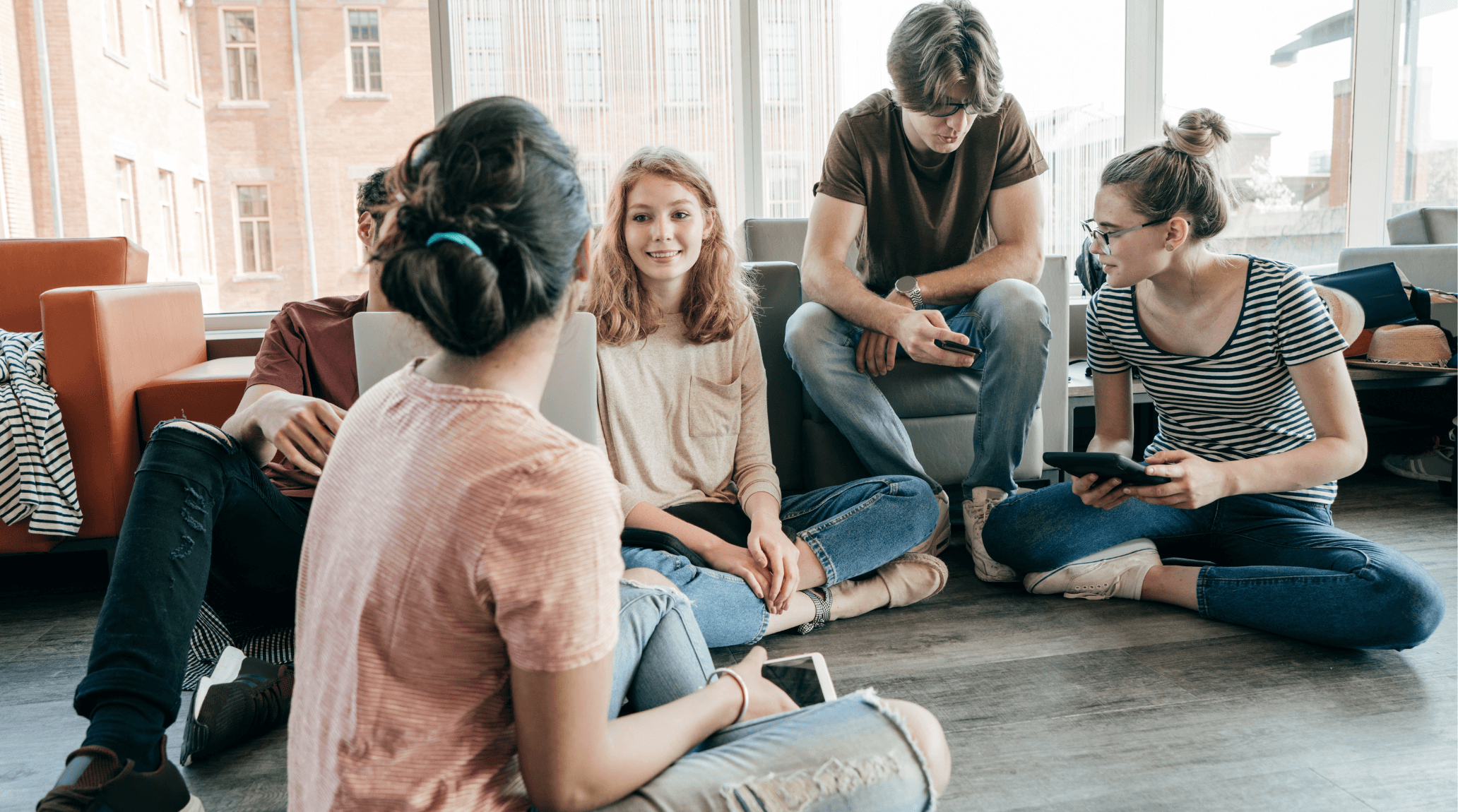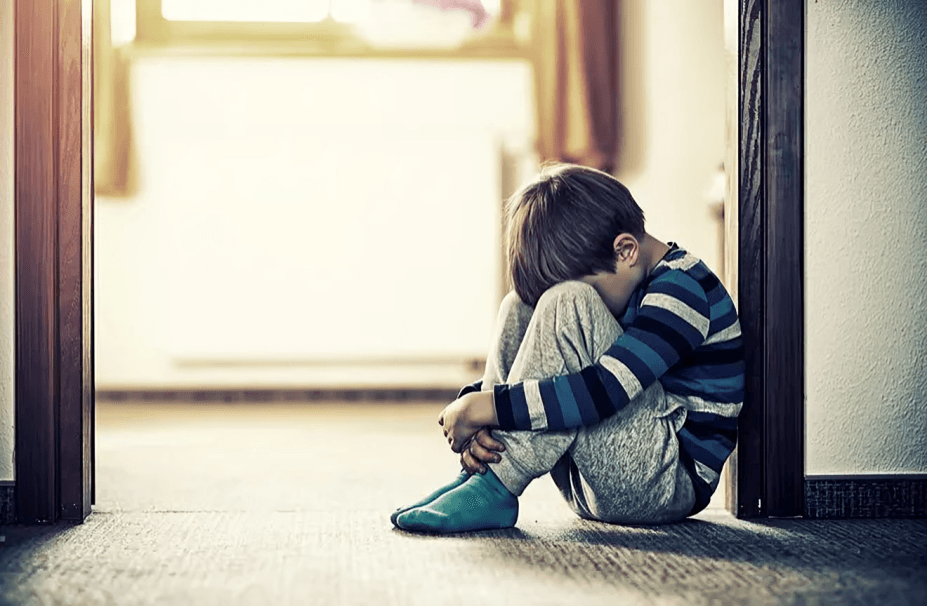
“
Understanding Social Anxiety: Causes & Coping Techniques is essential for anyone experiencing discomfort in social settings. This condition can be triggered by fear of judgment, past trauma, or brain chemistry. Thankfully, identifying the root causes and learning practical ways to manage symptoms can offer relief. With the right support and strategies, you can take back control. This blog explores social anxiety: causes & coping techniques to help you build confidence and improve your everyday interactions.1
1
”
Social anxiety disorder (SAD) is largely influenced by genetic factors. Research indicates that if a person has a first-degree relative with social anxiety, their risk of developing the condition increases significantly.1
Neurotransmitter imbalances play a crucial role in social anxiety. Disruptions in serotonin and dopamine systems are linked to difficulties in regulating mood and anxiety levels, influencing how individuals experience fear and discomfort in social interactions.2
Overactivity in the amygdala, a brain region responsible for fear responses, is common in those with social anxiety. This heightened response to perceived social threats can lead to intense fear, anxiety, and avoidance behaviors. 3

Childhood experiences, such as trauma, neglect, or bullying, are major environmental triggers for social anxiety. These negative experiences can create a heightened fear of judgment or criticism in later life, reinforcing the cycle of anxiety.
Cognitive distortions, such as catastrophizing and overgeneralization, can worsen social anxiety. Individuals often perceive harmless situations as threatening and assume negative outcomes will occur, reinforcing their fears and avoiding social interactions.4
Cognitive-behavioral therapy (CBT) is a cornerstone of treatment for social anxiety disorder. CBT helps by identifying and challenging irrational beliefs, replacing them with realistic thoughts, which reduces anxiety and improves social functioning.5
Gradual exposure to feared situations, known as systematic desensitization, is an effective strategy for overcoming social anxiety. Gradually facing feared social situations in a controlled way helps reduce anxiety and build confidence over time. 6
According to Dr. Albert Ellis, the founder of Rational Emotive Behavior Therapy (REBT), irrational beliefs about social situations often fuel anxiety. Challenging these beliefs with more rational, flexible thinking can help alleviate social anxiety. 7
Regular physical exercise has been shown to reduce overall anxiety levels. Activities like walking, swimming, or yoga release endorphins, which are natural mood boosters, helping individuals manage the emotional and physical symptoms of anxiety.8

A balanced diet, including foods rich in omega-3 fatty acids and vitamins, can have a positive effect on mental health. Proper nutrition supports brain function, which is essential for managing anxiety and other emotional disorders.
Setting small, achievable social goals can help individuals build confidence gradually. By starting with less intimidating situations and working their way up to more challenging ones, people can experience success and reduce anxiety incrementally.9
Social skills training can improve communication abilities and make individuals feel more comfortable in social interactions. By learning appropriate conversational skills, individuals can approach social settings with more confidence and less fear of making mistakes.10
Visualization or guided imagery helps people with social anxiety prepare for real-life situations. By imagining themselves navigating a social interaction successfully, individuals can reduce anticipatory anxiety and build resilience for future encounters.11
A regular sleep routine is crucial for managing social anxiety. Sleep deprivation can heighten emotional responses and impair cognitive functioning, making it more challenging to manage anxiety during the day. 12

Limiting exposure to social media can help reduce anxiety caused by social comparisons. Constant comparison to others on platforms like Instagram or Facebook can amplify feelings of inadequacy, making social interactions even more intimidating.
Avoiding avoidance is key to overcoming social anxiety. When individuals repeatedly avoid feared social situations, their anxiety actually increases. Gradual exposure to these situations is essential for desensitizing fear responses.13
Education about social anxiety disorder helps reduce self-stigma. Understanding the nature of the condition promotes self-compassion and encourages individuals to seek help without feeling embarrassed or ashamed of their symptoms.14
A supportive community can make a world of difference in managing social anxiety. Sharing experiences with others who understand the struggle fosters connection, reduces feelings of loneliness, and provides a sense of shared healing. 15
Practicing self-compassion is crucial for individuals with social anxiety. Instead of self-criticism, treating oneself with kindness and understanding during moments of anxiety encourages emotional resilience and reduces feelings of shame or guilt.16
Philosopher Søren Kierkegaard emphasized that anxiety is an inevitable part of human existence. He suggested that understanding and embracing this existential condition can lead to greater personal growth and freedom from fear.17


